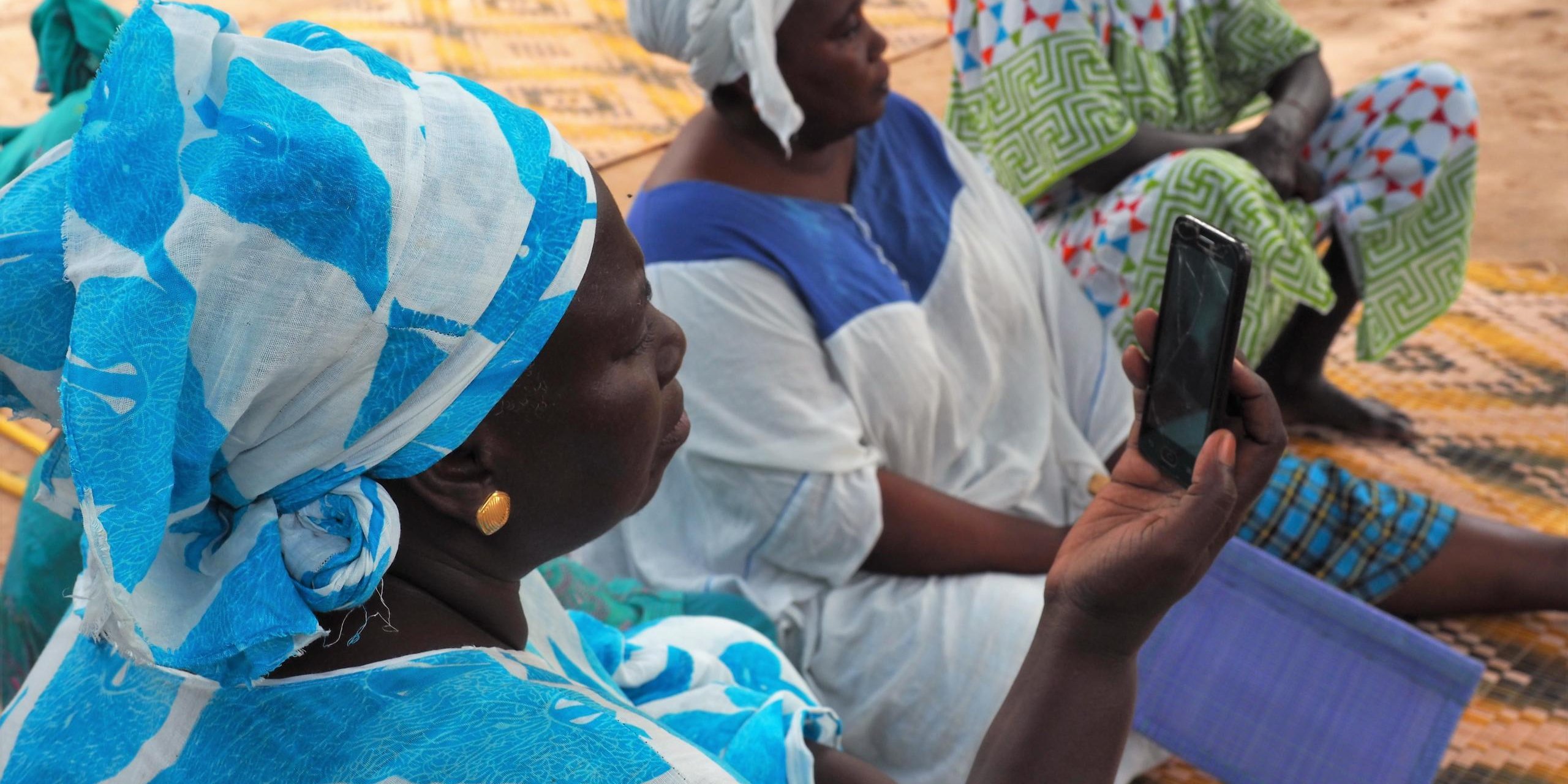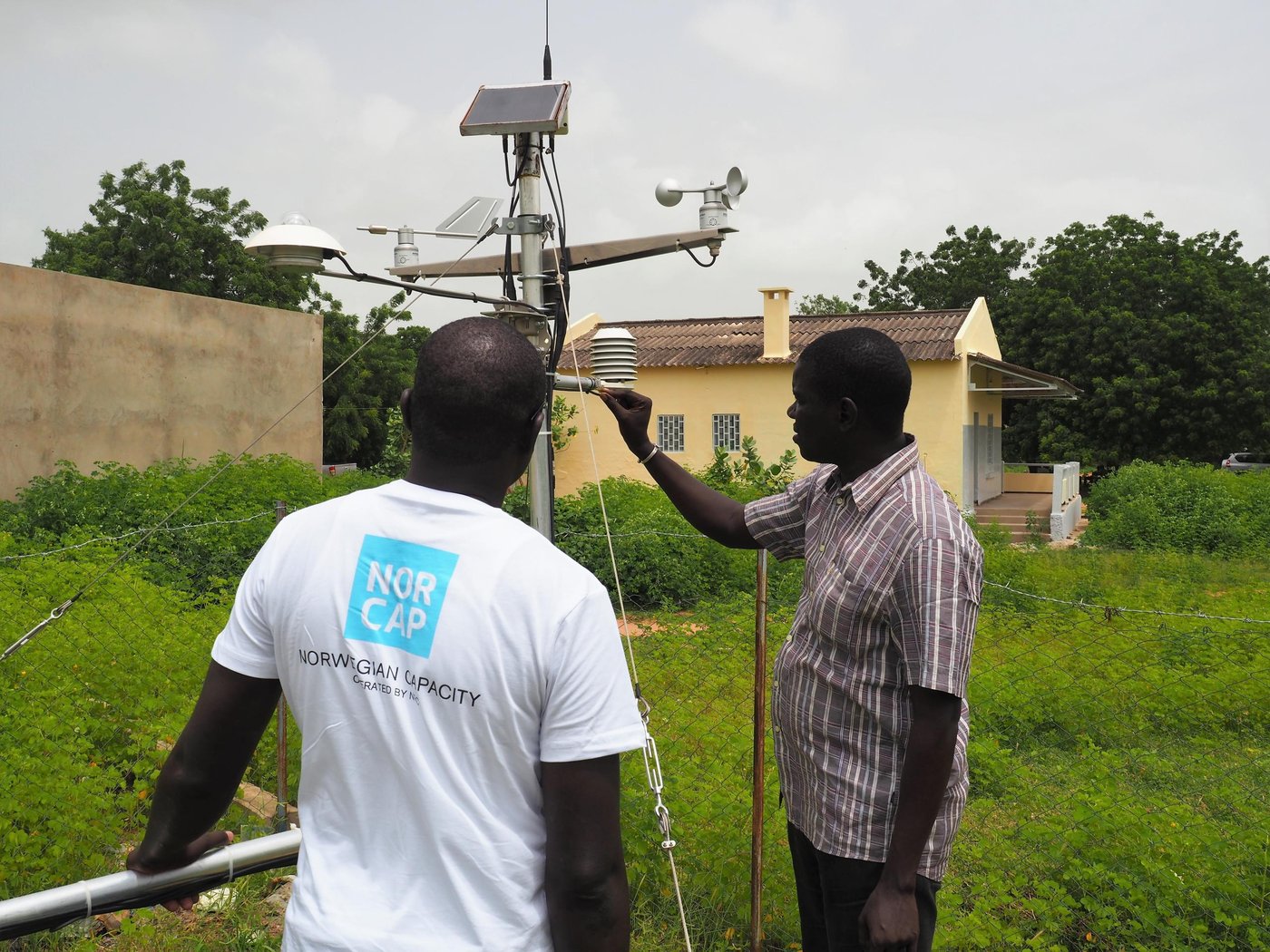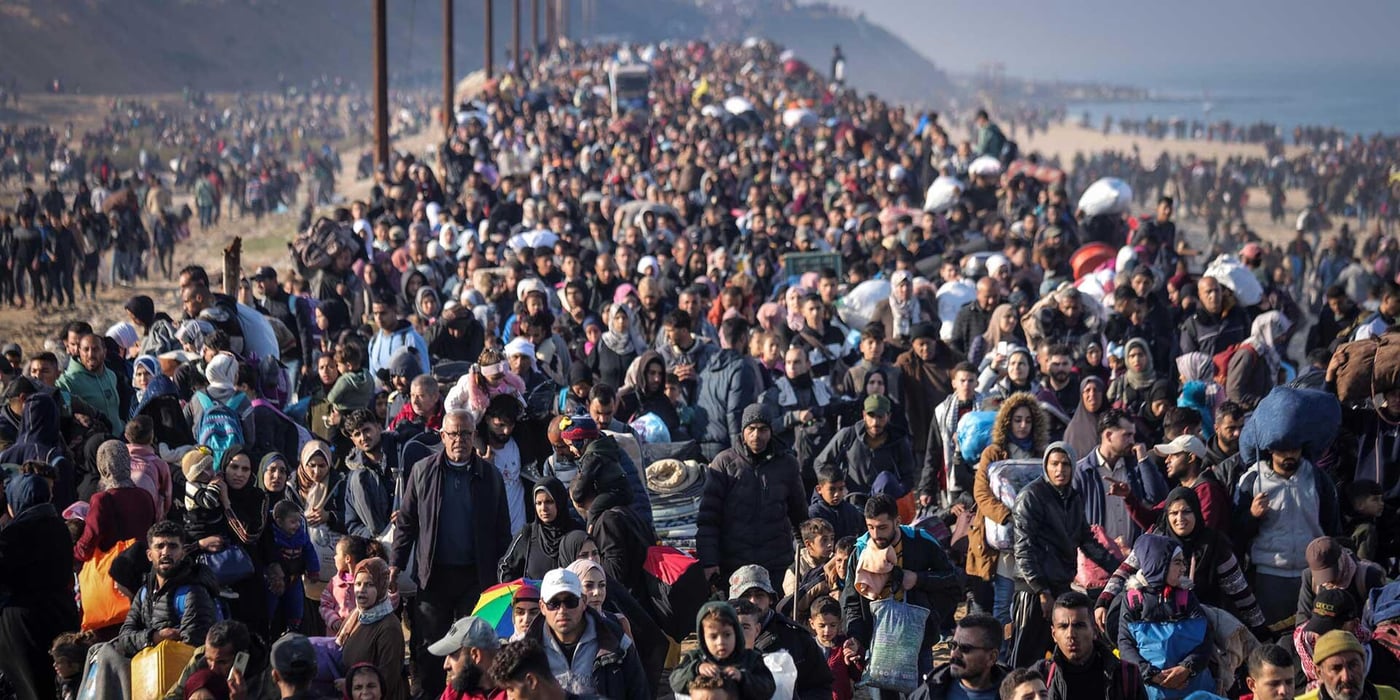
Following the recognition and importance of climate information to address climate-resilient development issues, there is a growing interest in building national capacity for climate information provision, delivery and efficient uses.
NORCAP experts build capacity within regional climate centres, improve coordination of service providers across sectors, and work to improve communication of climate information services to end-users.
Weather forecasts in social media and local radio
Communications expert Marta Baraibar is currently deployed to Kenya, where she works for the IGAD Climate Prediction and Applications Centre (ICPAC). She supports the organisation in their shift from general weather forecasting to impact-based forecasting, meaning issuing weather and climate information that guides the agricultural sectors, livelihoods and early warning systems.
‘’Most people are not able to interpret long-term forecasts or climate models. It is vital to ensure that climate information is processed and communicated in a way that enables individuals and communities to understand and act before disaster strikes’’, she says.
Baraibar also works to increase the use of social media and digital platforms for sharing climate information. ‘’At ICPAC, we use social media, such as Twitter, Facebook and WhatsApp, to provide daily updates and reach more people that are affected. The feedback from our national counterparts and donors are very positive’’, Baraibar says.
She is also working closely with a number of meteorological offices in the region, to increase their use of social and digital platforms for information sharing.
"By using digital marketing, innovative technology and improving the way we work with journalists and vernacular radio stations, we can bring tailored climate services to many corners of the region. At ICPAC, we are working to automate warnings, collect feedback from local communities, and produce climate information services to various audiences", Baraibar explains.

Analysing a changing climate
NORCAP expert Bob Alex Ogwang, deployed to the African Centre of Meteorological Applications for Development (ACMAD) in Niger, produces, delivers and interacts with end-users in Africa.
Ogwang is responsible for analysing the state of climate in Africa, which resulted in two reports, distributed to key institutions and local partners. These reports include analysis of climate parameters such as rainfall and temperature, current climate trends in the different African regions, and information about cyclone activities in the Indian Ocean. The reports are vital for countries to understand how the climate is changing and how to predict climate trends in their region.
NORCAP expert Ulrich Diasso recently finished his mission to the Economic Community of West African States (ECOWAS) in Nigeria. He supported the ECOWAS hydrological and meteorological (hydromet) program and worked closely with political decision makers, and providers and users of climate services.
‘This allowed me to clearly understand the gaps between them and analyse their different needs, in order to come up with innovative and sustainable solutions’’, Diasso says.
‘’Weather and climate extremes do not recognise any political boundaries, and so the ECOWAS initiative is essential to build the capacity of hydromet services in Africa. By strengthening these services, we also strengthen the resilience of vulnerable communities in the region and ensures climate information is included in regional strategies’’, he adds.
Saturday 23rd of March, we celebrate the 2019 World Meteorological Day, focusing on the ‘’The Sun, the Earth and the Weather.’’ This day showcases the essential contribution of meteorological and hydrological services to the safety and wellbeing of society, and is celebrated around the world.
NORCAP strives to enable our partners to safely and efficiently make use of available energy from the sun, protect the planet by minimising emission of greenhouse gases, make necessary adaptive measures to cope with the devastating impact of climate change, and make good use of available weather and climate information.




